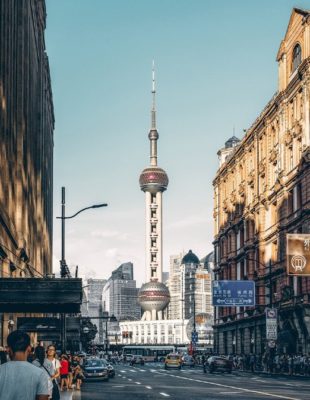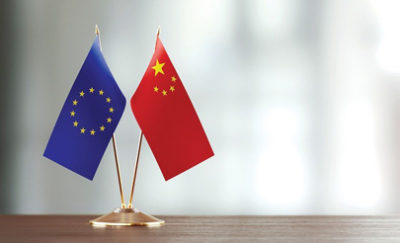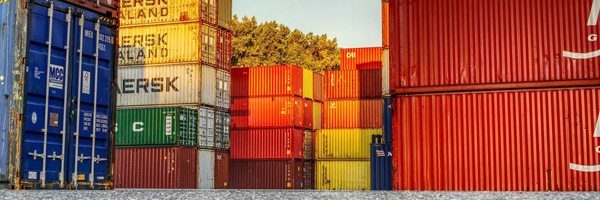Kansainvälinen liiketoiminta
China export control law, licencing and legal compliance

Muita liittyviä sisältöjämme
Blogi

Webinaarit
Ajankohtaista
Seuraa meitä sosiaalisessa mediassa

Tilaa maksuton uutiskirje
Tilaamalla uutiskirjeemme kuulet mm. ajankohtaisista koulutuksista ensimmäisten joukossa, saat tietoa maksuttomista webinaareista ja oppaista sekä mielenkiintoisista blogikirjoituksista. Uutiskirjeemme ilmestyy sähköpostiisi 2–4 kertaa kuussa.






